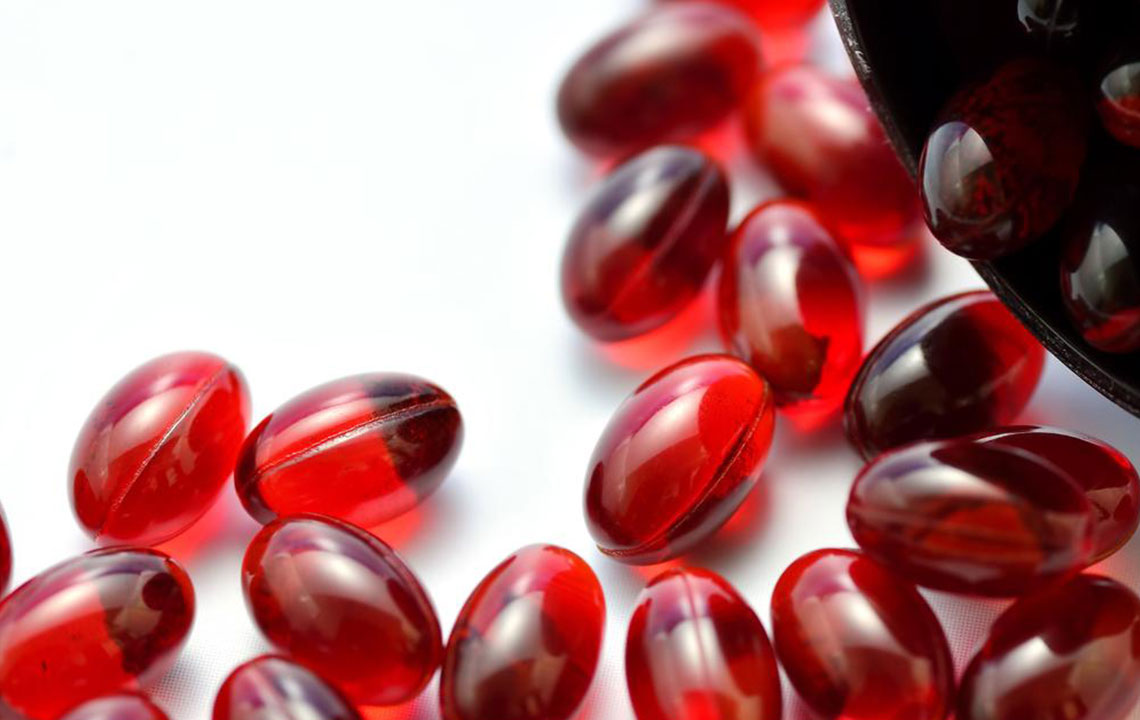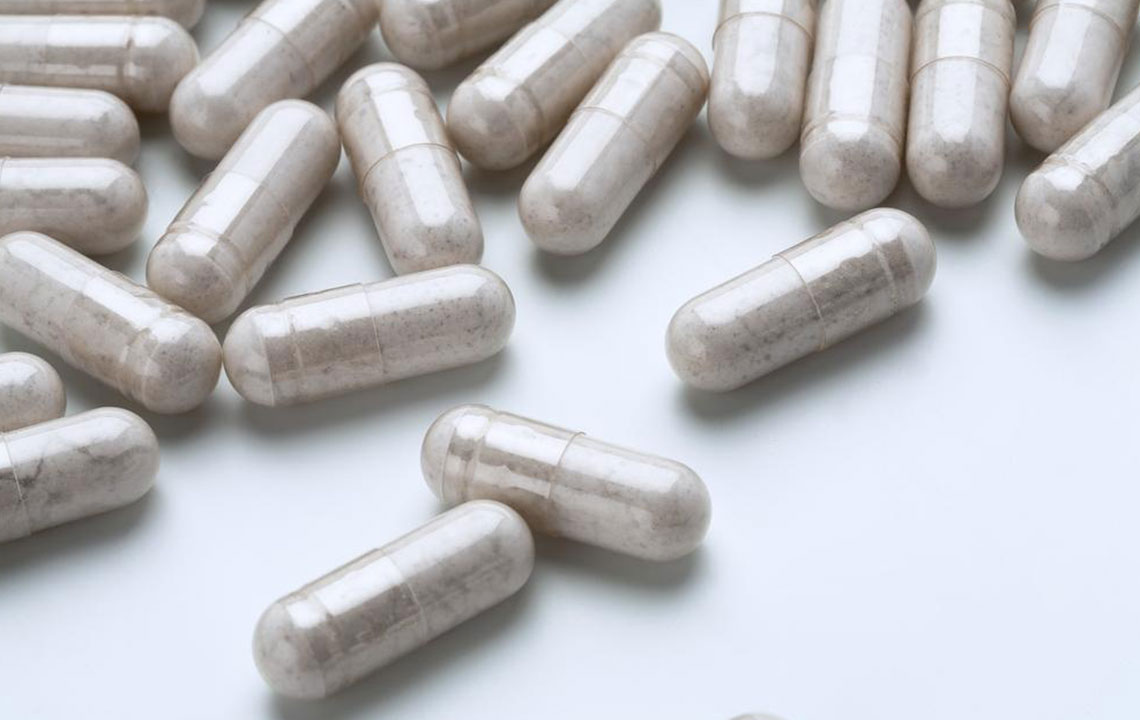Harnessing the Power of Probiotics for Crohn’s Disease Management: Achieving Gut Health Balance
This comprehensive article explores how probiotics can support Crohn’s disease management by restoring gut microflora balance. It discusses the disease’s causes, symptoms, current treatments, and the role of probiotics as an effective supplement. Emphasizing dietary strategies, safety tips, and medical consultation, it offers valuable insights into improving digestion and reducing inflammation naturally. Perfect for patients, caregivers, and healthcare providers, this guide highlights probiotics as a promising tool in the ongoing effort to manage Crohn’s effectively and enhance intestinal health.

Harnessing the Power of Probiotics for Crohn’s Disease Management: Achieving Gut Health Balance
Crohn’s disease is a complex inflammatory bowel disease (IBD) that affects millions worldwide, leading to a significant impact on quality of life. As a chronic condition, Crohn’s causes inflammation of the gastrointestinal tract, which can occur anywhere from the mouth to the anus. The disease’s hallmark symptoms include persistent abdominal pain, diarrhea—sometimes with blood—fever, fatigue, and unintended weight loss. Its prevalence has been steadily rising over recent decades, particularly in developed countries, though recent data indicates that it is becoming increasingly common in developing nations as well.
The global rise in Crohn’s disease poses a major health challenge. Current estimates suggest about 3.2 cases per 1,000 individuals in regions such as Europe and North America are affected, with rates showing a notable increase in urbanized and industrialized countries. Historically, this disease was primarily observed in wealthier nations; however, lifestyle changes, dietary patterns, and environmental exposures are believed to contribute to its expanding reach across the globe.
Despite ongoing research, the definitive cause of Crohn’s remains elusive. It’s widely accepted that a combination of genetic predisposition and environmental factors plays a critical role in its development. Family history significantly increases individual risk, especially if relatives are diagnosed with Crohn’s or other forms of IBD. Additionally, habits such as smoking have been strongly associated with heightened susceptibility and worsened disease progression. Environmental factors—although not fully understood—are thought to include diet, stress levels, pollution, and possibly microbial exposures.
Genetic studies have identified various gene mutations linked to Crohn’s, such as NOD2, which influence immune response and intestinal barrier integrity. Environmental aspects like diet high in processed foods, antibiotic overuse, and urban living conditions may disturb the delicate balance of microbial communities in the gut, further predisposing individuals to the disease. Interestingly, despite the higher incidence in developed nations, no single environmental toxin or factor has been conclusively identified as the primary cause.
At present, there is no definitive cure for Crohn’s disease. Treatment primarily aims at managing symptoms, reducing inflammation, and maintaining remission. Conventional approaches include anti-inflammatory drugs, immunosuppressants, biologics, and sometimes surgical interventions. These strategies often come with significant side effects and variable effectiveness. Consequently, there is a growing interest in supplementary therapies—such as probiotics—that could support gut health and potentially improve patient outcomes.
Recent scientific advancements have shed light on the promising role of probiotics—beneficial bacteria that naturally inhabit the human gut—in managing Crohn’s disease. Probiotics help restore and maintain the natural balance of microflora within the gastrointestinal tract, which is often disrupted in Crohn’s patients. Maintaining a healthy gut microbiome is fundamental, as it influences digestion, immune function, and overall intestinal health. When beneficial bacteria are depleted, harmful pathogens can proliferate, leading to increased inflammation and symptom severity.
Probiotics can be consumed through probiotic-rich foods like plain yogurt, kefir, sauerkraut, kimchi, and other fermented products. Additionally, healthcare practitioners can recommend specialized probiotic supplements formulated with strains that have shown efficacy in supporting gut health. Although probiotic therapies are not curing Crohn’s disease, they are increasingly recognized as valuable adjuncts to traditional treatment regimens, aiming to promote digestive stability and immune regulation.
The human gut is home to approximately 400 different types of beneficial bacteria, which play crucial roles in digesting food, synthesizing vitamins, and maintaining the integrity of the intestinal lining. Disruptions in this microbial diversity—referred to as dysbiosis—have been linked to the development and exacerbation of inflammatory gastrointestinal diseases, including Crohn’s. Therefore, restoring low microbial diversity through probiotics is considered a promising strategy for mitigating inflammation and improving quality of life for affected individuals.
Incorporating probiotic-rich foods into daily diets can be an effective and natural approach. Yogurt remains one of the most accessible sources, especially when choosing options with live and active cultures. For individuals intolerant to lactose, alternative probiotic supplements may be preferable. Consuming fiber-rich fruits and vegetables helps support probiotic growth and overall gut health. Maintaining a balanced diet while avoiding triggers such as alcohol, smoking, and processed foods can significantly reduce inflammation and promote remission.
While probiotics offer promising benefits, they should be used cautiously. Patients are advised to consult healthcare providers before starting any probiotic supplements to ensure compatibility with their condition and current medications. It is crucial to select products from reputable brands that adhere to quality standards, as the market is rife with supplements of variable potency and efficacy. Beware of products claiming exaggerated benefits without scientific backing.
Individuals should introduce probiotics gradually—starting with a small dose and increasing as tolerated—to observe how their body responds. Combining probiotic therapy with tailored dietary changes under medical supervision can maximize benefits. It is essential to recognize that probiotics are supportive, not curative, and should complement comprehensive treatment plans. Self-medicating without professional guidance may lead to adverse effects or worsening symptoms, especially in complex cases like Crohn’s disease.
Monitoring and adjusting probiotic use, alongside regular medical check-ups, can help optimize therapeutic outcomes. Patients experiencing severe or persistent symptoms should seek prompt medical attention. Overall, integrating probiotics into a holistic management plan offers a promising avenue for enhancing gut health and improving the quality of life for those living with Crohn’s disease.





